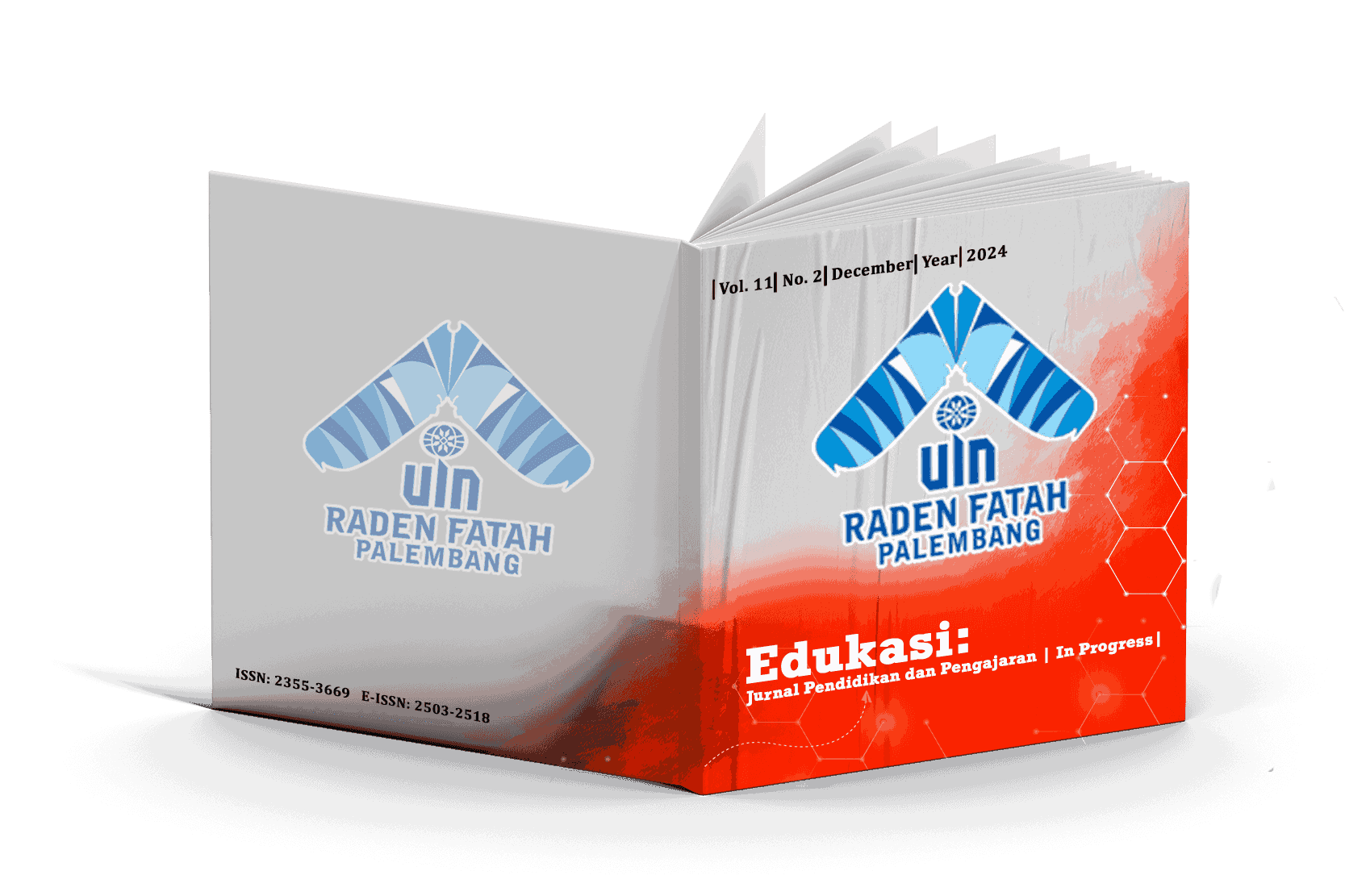SEM-PLS Analysis of Campus Climate and Self-Efficacy Influences on Undergraduates’ Psychological Well-Being
DOI:
https://doi.org/10.19109/g0q52v62Abstract
This study examined the influence of campus climate and self-efficacy on the psychological well-being of undergraduate students in Educational Administration at Universitas Pendidikan Indonesia. A quantitative approach was employed using SEM-PLS analysis on 50 students selected through stratified random sampling. Data were collected using questionnaires measuring Campus Climate, Self-Efficacy, and Psychological Wellbeing. The analysis included measurement model evaluation through convergent and discriminant validity testing, followed by structural model assessment using SmartPLS 3 software with 5,000 bootstrapping resamples. The convergent validity test results showed that all indicators had outer loading values above 0.5 and met the criteria for discriminant validity based on the Fornell-Larcker method, cross-loading, and the Heterotrait-Monotrait ratio (HTMT < 0.90). The three constructs of Campus Climate (CC), Self-Efficacy (SE), and Psychological Well-Being (PWB) also meet the reliability criteria, with Composite Reliability and Cronbach's Alpha values above 0.70. Major findings revealed that Campus Climate contributed 47.2% to explaining variance in Psychological Well-Being, while Self-Efficacy contributed 25.2%. Hypothesis testing showed a significant relationship between CC to PWB (β = 0.442, p = 0.000), CC to SE (β = 0.502, p value = 0.000), and SE to PWB (β = 0.349, p value = 0.035). These results confirmed that both campus climate and self-efficacy significantly influence students' psychological well-being, with campus climate serving as the stronger predictor. The findings emphasized the critical importance of creating supportive, fair, and inclusive campus environments alongside fostering strong self-efficacy beliefs as fundamental foundations for comprehensively enhancing students' psychological well-being.
Downloads
Published
Issue
Section
License
Copyright (c) 2025 Edukasi: Jurnal Pendidikan dan Pengajaran

This work is licensed under a Creative Commons Attribution-NonCommercial-ShareAlike 4.0 International License.
After the manuscript is accepted for publication, authors will be required to sign a copyright transfer form. Copyright will be transferred to State Islamic University of Raden Fatah, Palembang, South Sumatra, Indonesia, via e-mail. A copyright form will be sent to you via e-mail after the accepted manuscript has been submitted.











